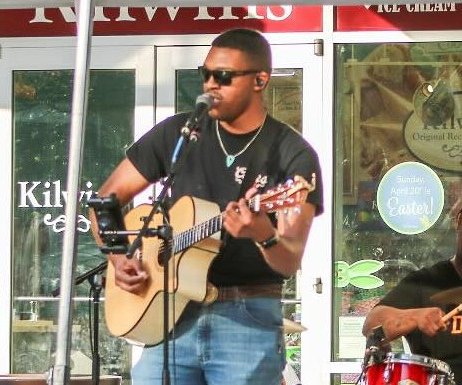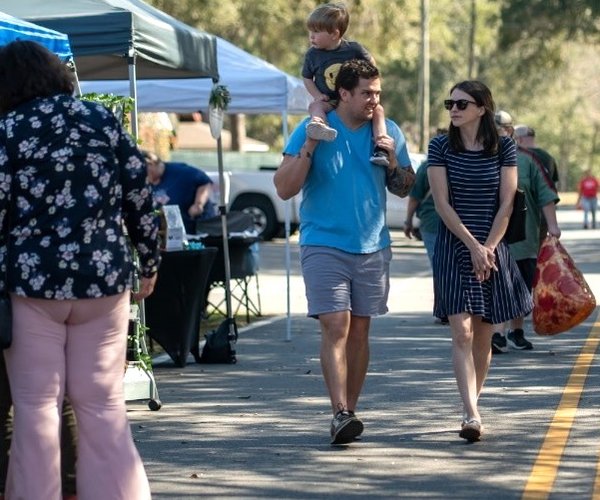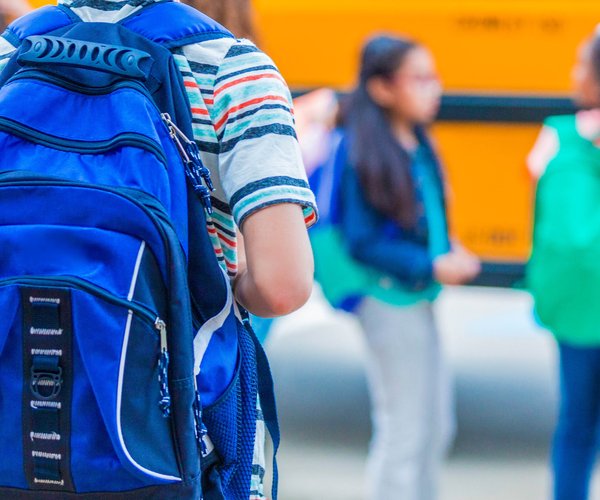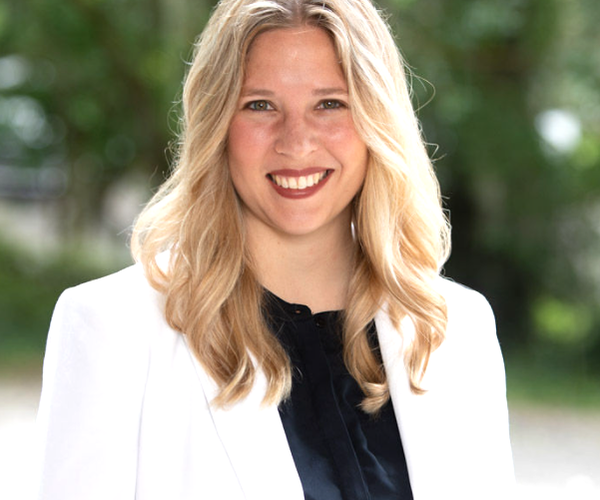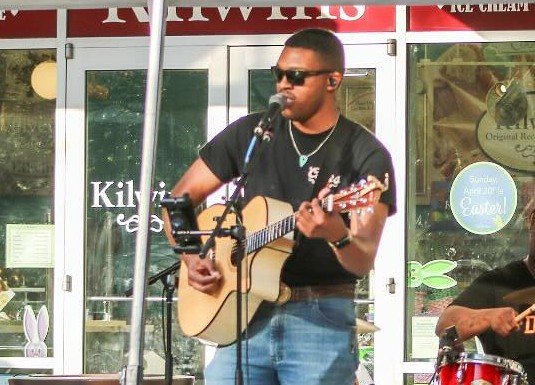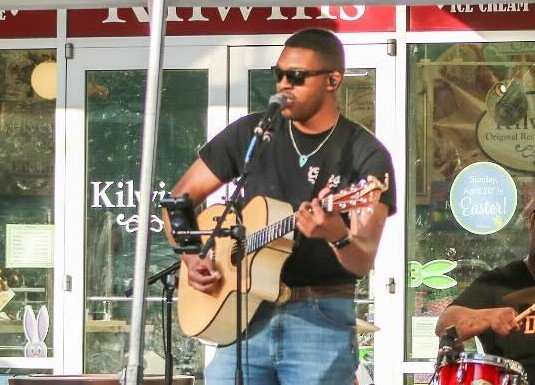ATLANTA — With cold weather in the forecast for the rest of this week, Insurance and Safety Fire Commissioner John W. Oxendine wants to remind Georgians of some tips to help keep their homes safe this winter:
• Heating equipment is one of the leading causes of home fires in Georgia. Portable space heaters, open fireplaces and wood stoves can be dangerous if misused. Keep portables away from curtains, draperies and other flammable material. Always follow the manufacturer's operating instructions.
• If you use kerosene space heaters, make sure each heater has an automatic shut-off in case it tips over. Use only K-1 kerosene in a space heater; gasoline can cause an explosion. Wait until the heater has cooled and take it outside before refueling.
• Have your home heating unit checked annually to be sure it is working efficiently and safely. Make sure all fuel-burning appliances and fireplaces are properly vented. If you suspect a gas leak in your home, leave immediately and call the gas company from elsewhere.
• Install an adequate number of smoke alarms. Most fatal fires start between 11 p.m. and 6 a.m., while the family is asleep. The advance warning of a smoke alarm may mean the difference between life and death. Nine out of 10 fire victims are already dead before the fire department is even called, mainly from smoke and toxic gases. Also, Georgia law now requires a smoke alarm in every home. If you already have smoke alarms, don't forget to replace the batteries annually.
• Each household should have a well-rehearsed family escape plan. All rooms, especially bedrooms, should have two escape routes. Have a predetermined meeting place outside the house so you can be sure everyone is out safely.
Another winter weather issue is frozen pipes. Repairing damage to internal plumbing caused by freezing will generally be covered by your homeowners policy. The policy should also pay for damage to carpeting, furniture and other belongings caused by your own pipes freezing. However, damage from water entering your home from an outside source, such as a broken water main, may not be covered.
Damage from external waters may be classified as "flood" or "seepage," which is not covered by a standard homeowners policy.
• If you live in an apartment or condominium, and water from an upstairs neighbor's pipes damages your property, you will be covered under your own renters (or condo owners) policy. If you don't have such coverage, the neighbor's liability policy may pay for your damage, but only if you can prove the neighbor was negligent.
• Repairs to frozen pipes on your property but not in the home, such as in your yard, are not covered by standard homeowners insurance.


